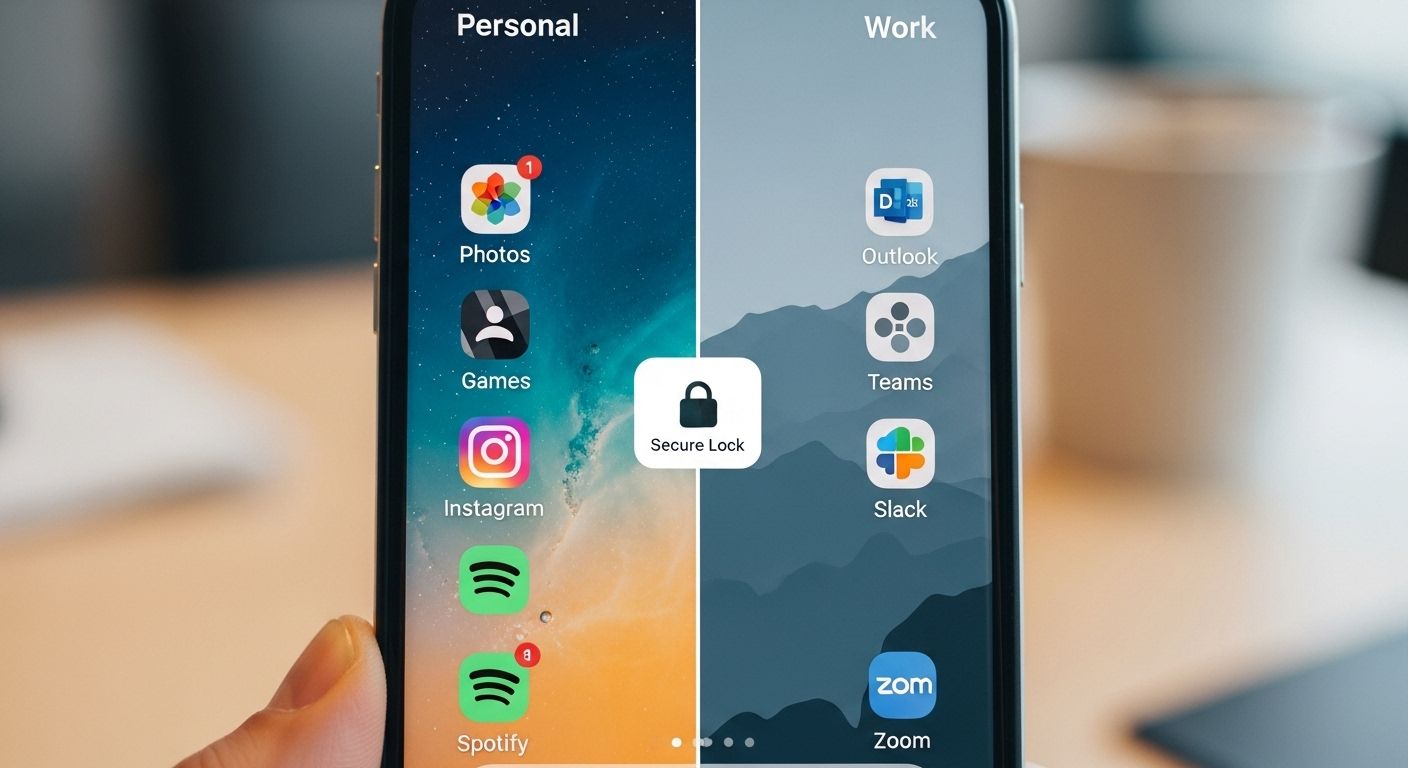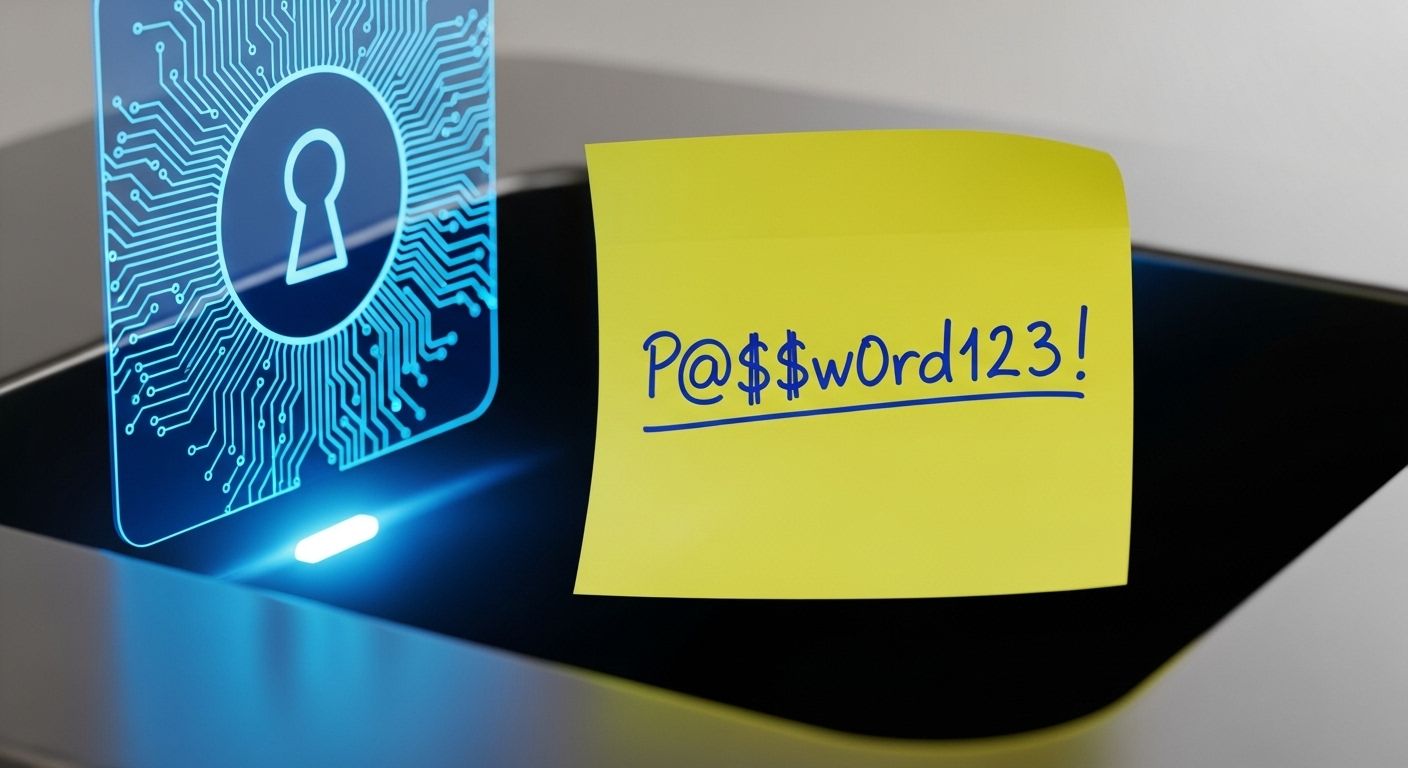
Future-Proofing Your Manufacturing Cybersecurity Strategy
May 4, 2025
The Human Firewall: Your Best Cyber Defense
May 7, 2025Is Your Houston SMB Prepared for a Data Breach? Understanding Texas Law
For small to medium-sized businesses (SMBs) in Houston, Texas, cybersecurity might feel like a challenge reserved for larger corporations. However, the reality is that SMBs are increasingly becoming targets for cyberattacks, and the consequences can be devastating. Beyond the immediate financial losses and reputational damage, Texas law mandates specific actions in the event of a data breach. Understanding and complying with the Texas Identity Theft and Data Security Breach Notification Act (also known as ITEPA or the Texas Data Breach Act) is not just about avoiding penalties; it’s about protecting your business, your customers, and your future.
Who Does the Texas Data Breach Notification Act Apply To?
This crucial law applies to any individual or business that:
- Conducts business in Texas, and
- Owns or licenses computerized data that includes “sensitive personal information.”
This means that even if your business isn’t headquartered in Texas, but you have Texas customers whose sensitive data you handle, you are likely subject to this law.
What Constitutes a Data Breach Under Texas Law?
A “breach of system security” is defined as the unauthorized acquisition of computerized data that compromises the security, confidentiality, or integrity of sensitive personal information. This can include various incidents, such as:
- Hacking or unauthorized access to your systems.
- Malware or ransomware attacks.
- Accidental disclosure of data (e.g., sending an email with sensitive information to the wrong recipient).
- Loss or theft of devices containing unencrypted sensitive data.
What is Considered “Sensitive Personal Information”?
Texas law specifically defines “sensitive personal information” as an individual’s name (first name or initial and last name) in combination with one or more of the following if the data is not encrypted:
- Social Security number.
- Driver’s license number or government-issued identification number.
- Account number or credit or debit card number in combination with any required security code, access code, or password that would permit access to an individual’s financial account.
- Information regarding an individual’s physical or mental health condition or the provision of healthcare to the individual.
- Information regarding payment for the provision of healthcare to the individual.
Notification Requirements: Acting Swiftly and Transparently
When a data breach occurs that involves the sensitive personal information of Texas residents, the law imposes strict notification requirements:
- Notification to Affected Individuals: You must notify affected Texas residents without unreasonable delay and, in most cases, no later than 60 days after determining that the breach occurred. Notification can be provided via:
- Mail to the individual’s last known address.
- Email, if you have an email address for the affected individual and they have consented to electronic communication.
- Conspicuous posting on your website if direct notification methods are not feasible for a significant number of individuals.
- Notification to major statewide media if the cost of direct notification would exceed $250,000, the affected class of individuals to be notified exceeds 500,000, or you do not have sufficient contact information.
- Notification to the Texas Attorney General: If a data breach affects 250 or more Texas residents, you must also notify the Office of the Attorney General (OAG) as soon as practicable, but no later than 30 days after determining the breach occurred. This notification must be submitted electronically through the OAG’s website and include specific details about the breach, such as:
- A detailed description of the nature and circumstances of the breach.
- The number of Texas residents affected.
- The type of sensitive personal information involved.
- Measures taken to respond to the breach.
- Any services offered to affected individuals (e.g., credit monitoring).
- Notification to Consumer Reporting Agencies: If the data breach affects more than 10,000 Texas residents, you must also notify the nationwide consumer reporting agencies without unreasonable delay about the timing, distribution, and content of the notices sent to affected individuals.
Potential Penalties for Non-Compliance: The Cost of Inaction
Failure to comply with the Texas Data Breach Notification Act can result in significant penalties. The Texas Attorney General has the authority to bring enforcement actions and seek:
- Civil penalties of at least $2,000 and up to $50,000 per violation.
- Additional penalties of up to $250,000 per breach for failing to take reasonable action to provide timely notification to consumers.
- Injunctive and equitable relief.
- Reasonable attorneys’ fees, investigative costs, and court costs.
Beyond the legal and financial repercussions, a data breach and the subsequent failure to notify appropriately can severely damage your SMB’s reputation and erode customer trust, potentially leading to long-term business decline.
Real-World Examples: Data Breaches Happen in Texas
Unfortunately, data breaches are not abstract threats. Several Texas-based organizations have experienced data security incidents in recent times, highlighting the vulnerability of businesses of all sizes:
- In April 2025, the State Bar of Texas reported a ransomware attack that led to the potential compromise of sensitive information, including Social Security numbers and financial details of its members.
- In early 2025, a data breach at the Texas Health and Human Services Commission (HHSC) involved the improper access of personal information of tens of thousands of Texans. This incident further unveiled that a government contractor, Maximus US Services, also had an employee improperly accessing protected information.
- In October 2024, the City of McKinney, Texas, confirmed a cyberattack that compromised the protected health information of over 17,000 individuals, including sensitive data like Social Security numbers and financial account information.
- In July and March 2023, UT Southwestern Medical Center in Dallas reported separate data security incidents affecting thousands of individuals, involving names, addresses, Social Security numbers, and medical information.
- In September 2023, The Harris Center for Mental Health and IDD in Houston experienced a significant data breach impacting hundreds of thousands of individuals, exposing names, addresses, Social Security numbers, and health information.
These examples underscore that even established organizations are susceptible to cyberattacks and data breaches, emphasizing the importance of proactive cybersecurity measures and understanding notification obligations for all Texas SMBs.
Protect Your Houston SMB Today
Navigating the complexities of the Texas Data Breach Notification Act while also focusing on your core business can be overwhelming. Krypto IT, your local cybersecurity partner in Houston, understands these challenges. We specialize in providing tailored cybersecurity solutions for small to medium-sized businesses, helping you implement robust security measures to prevent breaches and develop incident response plans to ensure compliance in the event of an incident.
Don’t wait until it’s too late. Contact Krypto IT today for a free cybersecurity consultation and let us help you protect your business and navigate the Texas data breach landscape with confidence.
#TexasDataBreach #CybersecurityForSMBs #HoustonTech #DataProtection #KryptoIT #SMBsecurity




